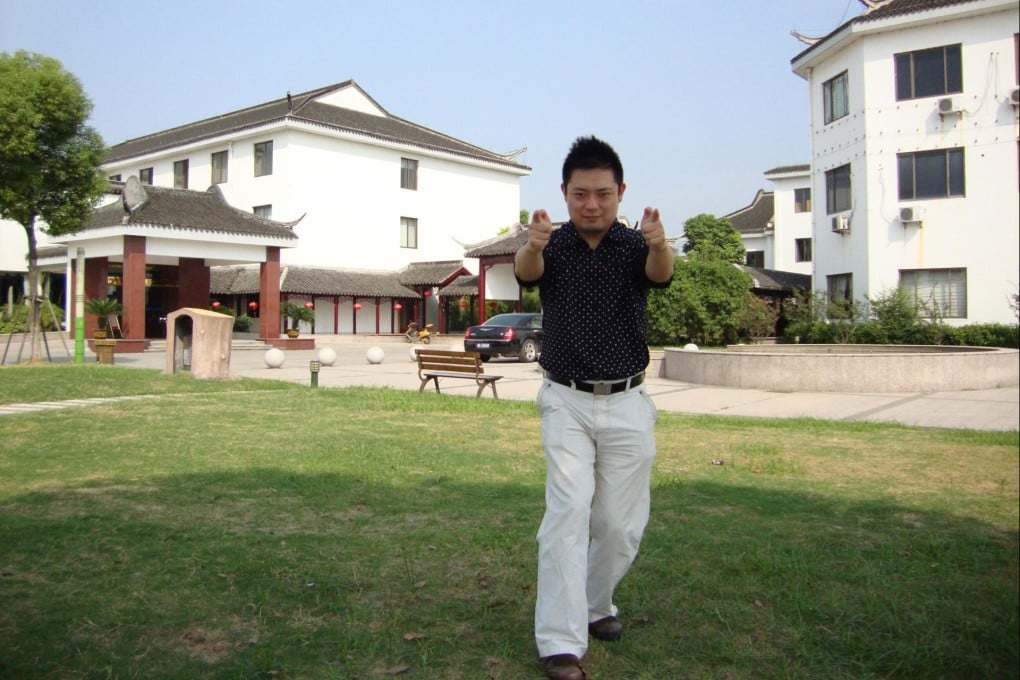From hackers to entrepreneurs: The Sino-US cyberwar veterans going straight
While some veterans of the Sino-US cyberwar of 2001 remain true to the 'spirit of geeks', many have since carved out profitable internet businesses


Dozens of tall, pretty models in heavy make-up stroll around in alluring cheerleader outfits, but Liu Qing has no time to spare for the girls. He criss-crosses a giant convention hall amid hundreds of exhibitors, handing out business cards and chatting to potential customers.
"This is a great opportunity to get to know major video game companies, learn how the industry operates and to do business with them," says Liu, chief executive of a start-up mobile game company. The round-faced 33-year-old, in slacks and slippers, handed out more than 200 business cards at ChinaJoy, the country's largest internet game convention, held in Shanghai late last month.

"I am a mature businessman now, but I am proud to have participated in a patriotic cyberwar back then," Liu said.
In 2001, months after George W. Bush became the 43rd president of the United States, Liu became a leading member of a voluntary Chinese hacker army that was involved in one of the largest and most public cyberbattles between Chinese and US hackers.
At the time, internet-savvy Chinese youths, most still in high school and university, were angry over China's frequent diplomatic friction with the United States and Japan. They had agitated for months for some action.